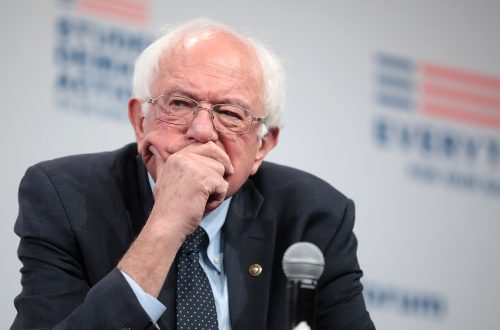This is a guest post by Gray Sergeant
Belgian authorities had barely finished counting the number of victims of the Brussels terror attacks when the National Union of Teachers (NUT) called on the Government to scrap its counter-extremism strategy, Prevent, at their annual conference in Brighton last week.
Across the continent, policy-makers are trying to figure out how they can stop areas in European cities becoming hotbeds of radicalisation. In the UK, by contrast, those responsible for implementing counter-extremism strategies are undermining Britain’s efforts to confront the same problem.
Prevent was introduced in the wake of the 7/7 attacks to stop individuals from being drawn into terrorism, and is part of the CONTEST counter-terrorism policy. In July 2015, in an effort to improve the strategy, it became a legal duty for public sector workers. Since then, there has been a backlash from frontline staff and unions, some of whom have teamed up with extreme organisations to undermine these counter-extremism measures.
The unanimous decision by the NUT to call for Prevent to be abolished should come as no surprise to anyone who has followed the anti-Prevent lobby closely. It’s clear that the usual anti-establishment activists are involved in the campaign against Prevent in schools, including far-left activists like Alex Kenny who sits on the NUT’s ruling national executive.
A recent investigation by the Telegraph revealed the links between NUT leaders, including Mr Kenny, and Muslim Engagement and Development (MEND) a group removed as the secretariat for an All-Party Parliamentary Group on Islamophobia because of its extremist connections.
One of MEND’s senior figures, Azad Ali, lost a libel case in 2010 over claims he had excused the killing of Coalition soldiers in Iraq. Ali has also praised the proscribed terrorist group Hamas, and is of the opinion that “democracy…at the expense of not implementing the Sharia, of course no one agrees with that”.
Leaked emails have also revealed the involvement of Robert Ferguson, another leading anti-Prevent organiser within the NUT, with an orchestrated campaign to discredit Prevent alongside Newham MEND Chair, Tahir Talati, and Yusuf Patel, a former member of the extremist group Hizb ut Tahrir who now runs a campaign against teaching homosexuality in schools. The emails falsely claim Prevent attacks “normal Muslim religious practices” and targets those that oppose government foreign policy.
Divisive narratives like this have been spread in public meetings across the country. Such meetings present individuals from extreme and hard-left groups as counter-radicalisation experts, giving them platforms to scaremonger and spread embellished and sensational stories. Some of these stories come from anti-Prevent activists, like Ifhat Smith, who masquerade as concerned parents.
All too often the story of the child who wrote “terrorist house” in his schoolwork, when he meant “terraced house”, is used by opponents of Prevent to mock the strategy. However, this overlooks the allegations of child abuse which resulted in the pupil’s family being visited by the police. Lancaster authorities have made it clear that their visit “was neither part of the anti-terror and extremism strategy or caused solely by the spelling error.”
This campaign of misinformation, involving NUT activists like Ferguson and Kenny, has understandably worried ordinary teachers about the implications of Prevent. However, teachers have a duty of care, which many in their profession take extremely seriously.
Anti-Prevent activists may believe the idea of a 10-year old being radicalised is farcical, but there is undoubtedly a risk parents could take their children to live under Islamic State. This might be a rare occurrence, but when it happens the consequences for the child involved can only be seen as a tragedy.
There is no doubt teachers want to protect their pupils from such a fate, and a national strategy is needed if this is to be done. Prevent is such a strategy. It has structures in place to ensure that concerns about extremism are properly investigated, by a panel of local experts involved in safeguarding vulnerable people. It is not about shutting down debate in the classroom or victimising one particular religious minority.
The NUT have called for alternative strategies, but have no suggestions about how to tackle this serious issue. Instead a handful of activists within the organisation, hell-bent on undermining the government’s counter extremism measures, are dominating the debate. Their willingness to team up with extreme groups and spread scare stories and misinformation shows that safeguarding vulnerable pupils is not their first priority.
Teachers should ignore those in the NUT pushing their own political agenda and do what is best for the welfare of the children for whom they have a duty of care.


